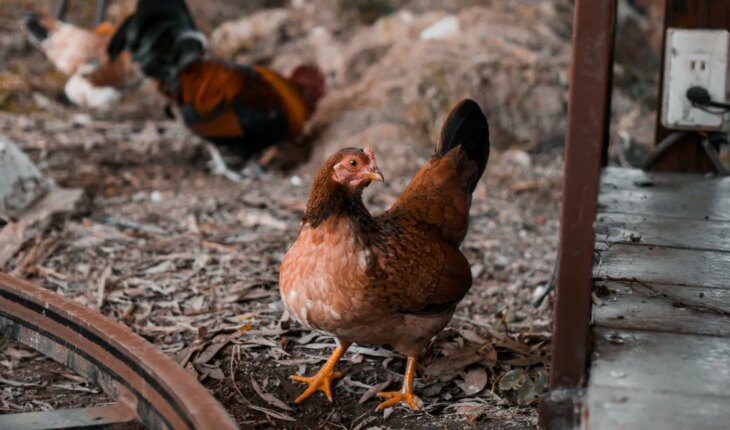Argentina declared a health emergency due to the detection of avian influenza in wild geese in the province of Jujuy. The announcement was made by officials from the Agriculture, Health and Safety, Senasa and INTA portfolios, who explain the device arranged. They clarified that the virus is not transmitted to people through the consumption of poultry meat or eggs. Avian influenza is a viral disease that affects both poultry and wild birds, and can occasionally affect exposed people, being caused by multiple subtypes (H5N1, H5N3, H5N8, etc.) whose genetic characteristics evolve rapidly. The National Service of Health and Food Quality (SENASA) reported the first detection in the country of H5 avian influenza (AI) in wild birds in the Pozuelos lagoon, northwest of the province of Jujuy, near the border with Bolivia. At the moment, the disease is not transmitted to people through the consumption of poultry meat and its by-products. Therefore, there is no danger in the intake of these foods and the risk of transmission to humans is low. People can acquire avian influenza primarily through direct contact with infected animals (alive or dead) or with their contaminated environments. Transmission of the virus to people occurs when secretions or excreta from infected birds are inhaled or the virus enters the mouth, nose or eyes. In turn, wild waterfowl are an important reservoir of influenza A viruses and poultry populations can become infected by contact with wild birds. At this time, no sustained human-to-human transmission caused by avian influenza A(H5N8), A(H5N2), or A(H5N1) viruses has been reported either in the Region of the Americas or globally. In 19 years, from 2003 to 2022, 868 cases of avian influenza in humans were reported worldwide. From the Ministry of Health of the Nation it is recommended to follow the following care measures:- Frequent hand washing with soap and water or using alcohol-based disinfectants
– Avoid direct contact with wild birds and, if possible, only observe them from afar.
– Avoid having unprotected contact with poultry that appears to be sick or dead.
– In relation to birds in large cities (sparrows, pigeons) the risk is considered very low since these birds have not been very susceptible to the virus so far.
– If a sick or dead bird is found, avoid contact and notify the health authorities of the National Service of Health and Food Quality (SENASA).
– Do not touch surfaces that could be contaminated with saliva, mucous membrane or feces of wild or poultry birds.
– Currently, there are no travel restrictions to areas affected by avian influenza. However, it is recommended that people traveling to areas with avian influenza outbreaks take the necessary preventive measures to avoid the risk of contracting the disease.To see the complete information, click here. Source: Ministry of Health.
Health emergency declared before the detection of a case of avian influenza in Jujuy: the recommendations
February 15, 2023 |





